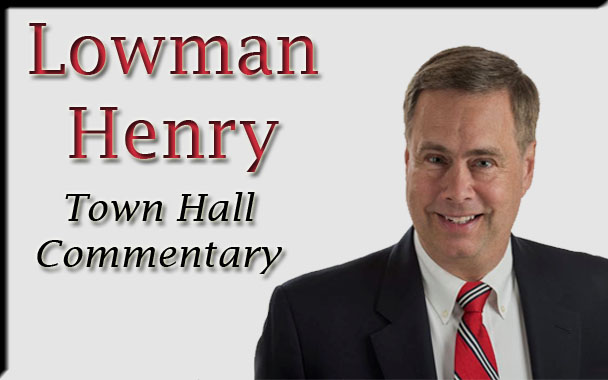Rachel Levine’s Retrospective Confabulation

It was October of 1982 when then U.S. Senator H. John Heinz, III was defending his seat against Democratic challenger Dr. Cyril Wecht. The two southwestern Pennsylvania titans were engaged in a spirited debate when Wecht accused the sitting senator of “retrospective confabulation.”
What’s that you say?
It was Wecht mashing together several terms to form a classy way of calling Heinz a liar. He was saying the senator had altered past facts to fit his current narrative. Nobody remembers to what Wecht was referring, but the term became at least momentarily famous.
The practice of retrospective confabulation is being raised to an art form by Pennsylvania’s Health Secretary Dr. Rachel Levine as she attempts to spin her way out of culpability for the massive number of nursing home deaths due to the COVID-19 pandemic.
Even with her department’s erratic and error-filled compiling of statistics relative to the pandemic it is clear nursing and personal care home residents have suffered a disproportionate number of deaths from the Coronavirus.
It is equally clear the policies of Governor Tom Wolf and Dr. Levine have compounded the tragedy. That is why Wolf, along with several other northeastern state governors are the subject of a congressional investigation into the extent to which their policies have contributed to the spike in deaths in such facilities.
Even today – three months after the pandemic exploded – there still has not been comprehensive testing of every employee and every resident of Pennsylvania’s nursing and personal care homes. In fact, per health department policy, that testing is not scheduled to be completed until mid-July.
As part of her efforts to evade responsibility for the nursing home debacle Levine wrote an op-ed in which she made the astounding statement that recovering COVID-19 patients returning to nursing homes “did not introduce Covid-19 when they returned because it was there they first came into contact with the virus.”
The issue, of course, isn’t where they first came into contact with the virus. The issue is they were still recovering from the virus and were prematurely returned to those facilities. This was done, said Levine because “studies show people get better when they are at home.” True enough. But when home is a facility filled with a population highly vulnerable to a contagious disease returning them was and is folly.
According to the Spotlight, the Pennsylvania Department of Health had a “robust and aggressive” plan to implement when COVID-19 appeared in a nursing home. There was a “quick strike” plan, but it was not implemented when the virus struck in mid-March and no plan was implemented until mid-April when a “far more limited” plan was activated.
By then it was too late.
The extent to which Wolf/Levine policies relative to nursing homes has been a disaster is reflected in the continuing number of cases and deaths occurring to residents of such facilities. The weekend of June 20th marked the milestone 20,000th COVID-19 case in nursing facilities with 4,381 residents dying of the disease. That’s 68% of all deaths from COVID-19 in Penn’s Woods.
These stunning numbers have captured the attention of the U.S. House of Representatives Select Subcommittee on the Coronavirus Crisis. Ranking member Steve Scalise has written to five state governors, including Pennsylvania Governor Tom Wolf, demanding detailed information on their COVID-19 policies for nursing homes. In the letters Scalise wrote those policies “likely contributed to the thousands of elderly deaths” in those states.
Scalise and his committee will have difficulty getting accurate information from Pennsylvania’s Department of Health. Nursing home operators have questioned the accuracy of case and death numbers. That is reflective of the overall ineptitude in statistical reporting, coupled with a lack of transparency, by state health officials since the onset of the pandemic.
The only certainty is that the percentage of cases and deaths in nursing and personal care homes continues to far out-pace that of the general population. It is also clear the state has yet to effectively deal with the problem. That is because to deal with a problem you must first admit you have a problem.
That has not happened. During a news conference just last week Dr. Levine stated: “I don’t think our initial and our continuing plans have been misguided at all.”
Were they still able to speak, 4,381 dead Pennsylvanians would beg to differ.
(Lowman S. Henry is Chairman & CEO of the Lincoln Institute and host of the weekly Lincoln Radio Journal. His e-mail address is [email protected].)
Permission to reprint is granted provided author and affiliation are cited.






